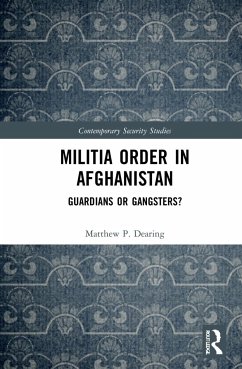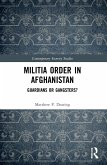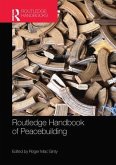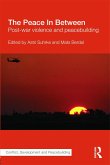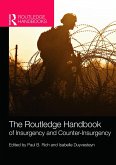'Dearing has done an outstanding job of weaving together a wide range of critical themes relevant to militias and state institution building that offer very valuable insights to both policy and academic worlds. .. The lessons of history are evident as Dearing's excellent scholarship makes clear: no success or progress is possible if the legitimate interests and security concerns of at-risk communities are not kept in view.'--from the Foreword by Hassan Abbas, National Defense University, Washington DC, USA
'Based on Dearing's personal observations on the ground as an advisor to US forces as well as studies conducted by various US and international agencies, this book documents an ever-changing landscape of state-supported militias in Afghanistan and asks important questions about whether militias are effective instruments of state building or whether they are a threat to that mission. Using studies of militias in three different Afghan provinces, Dearing (National Defense Univ.) advocates for the inclusion of local communities and their mechanisms of accountability into the administration of militias...
Summing Up: Optional. Faculty and professionals.'
H. Shambayati, Florida Gulf Coast University, CHOICE, October 2023
'Based on Dearing's personal observations on the ground as an advisor to US forces as well as studies conducted by various US and international agencies, this book documents an ever-changing landscape of state-supported militias in Afghanistan and asks important questions about whether militias are effective instruments of state building or whether they are a threat to that mission. Using studies of militias in three different Afghan provinces, Dearing (National Defense Univ.) advocates for the inclusion of local communities and their mechanisms of accountability into the administration of militias...
Summing Up: Optional. Faculty and professionals.'
H. Shambayati, Florida Gulf Coast University, CHOICE, October 2023

